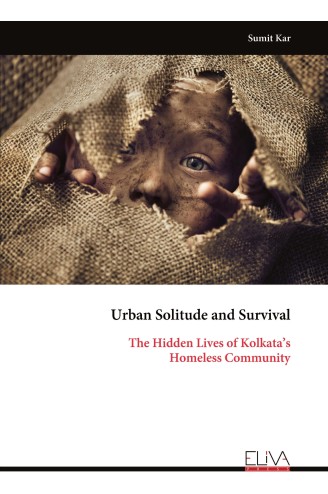Description
Homelessness remains a stark reality in urban India, and Kolkata is no exception. This book explores the struggles and resilience of the city's pavement dwellers, revealing the socio-economic, demographic, and environmental forces shaping their existence. Based on meticulous field research, it challenges the perception of homelessness as mere destitution. Unlike studies on slum dwellers, this book focuses on those who live on roadside pavements—people without even the minimal shelter of a slum. Spanning twelve chapters, the book traces Kolkata’s evolution as a migration hub, examining the causes of homelessness and the deprivation faced by pavement dwellers—lack of shelter, sanitation, food security, and financial inclusion. It highlights alarming statistics on poor healthcare access, substance abuse, and illiteracy, particularly among women and children. Despite these hardships, pavement dwellers contribute significantly to the city’s informal economy as laborers, vendors, and recyclers. The book also analyzes their interactions with urban policies, public spaces, and societal attitudes, exposing systemic neglect and stigmatization. It underscores how exclusion perpetuates cycles of poverty, keeping them invisible in policy decisions. Concluding with actionable recommendations, it advocates for identity documentation, improved healthcare and sanitation, sustainable housing, and skill development for economic self-reliance. A call for inclusive urban planning and policy reform highlights the urgency of addressing this humanitarian crisis. Supported by data, figures, and human narratives, this work is essential for policymakers, researchers, and social workers. It urges collective action toward a more inclusive and compassionate urban future.




